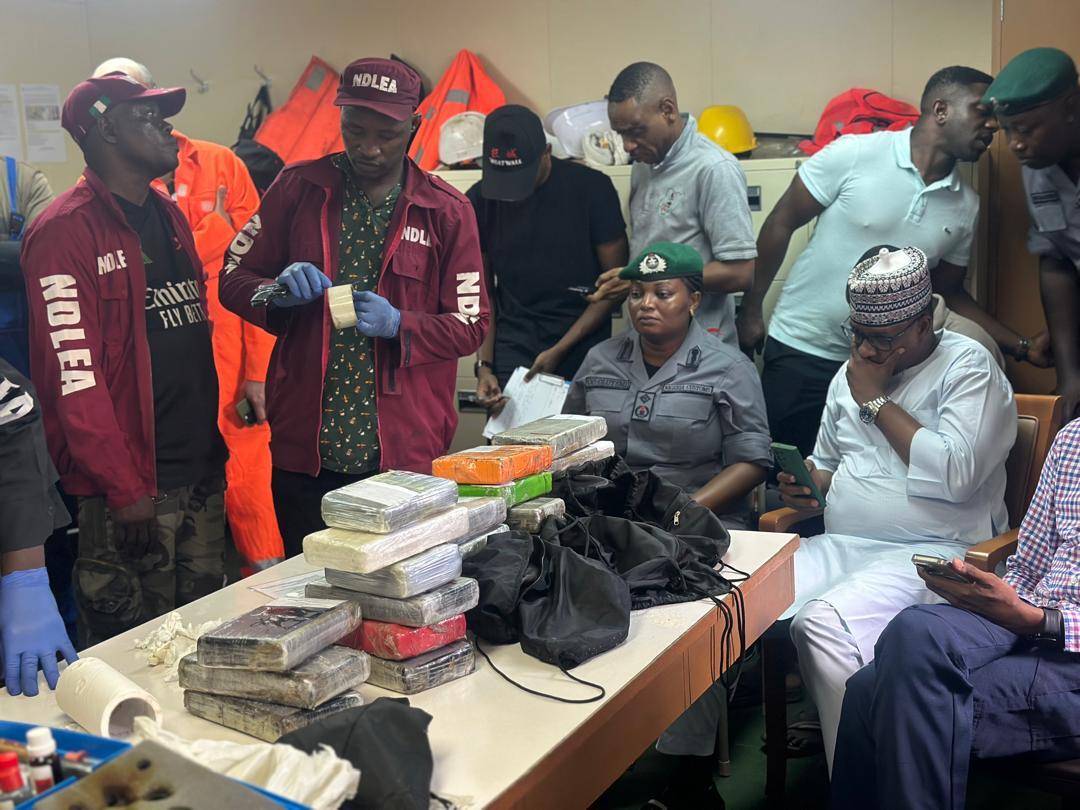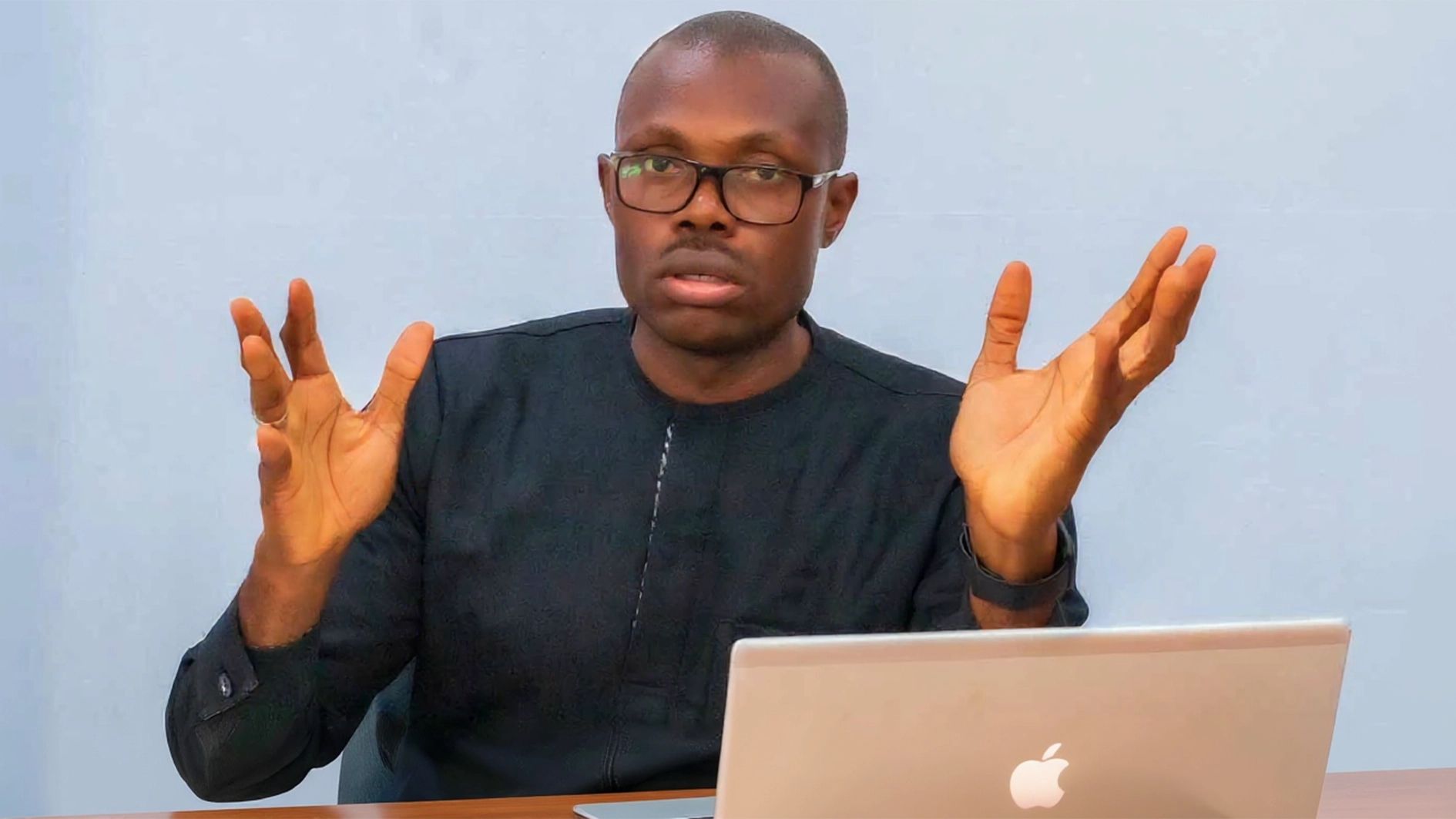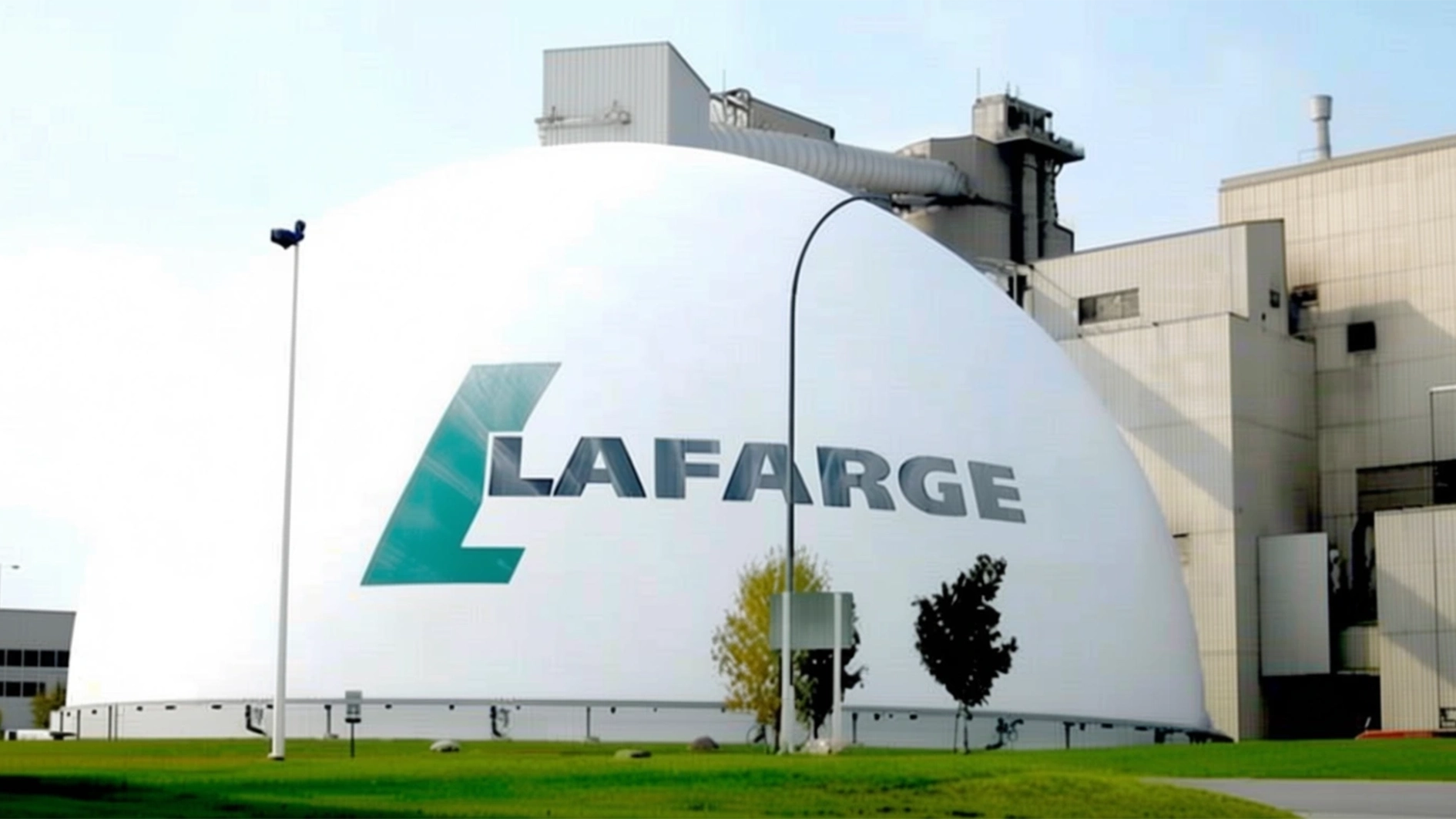Lagos State government has explained that its new leather hub will supply regional retailers and global brands and provide specialised cutting, stitching and finishing technology.
According to Gov. Babajide Sanwo-Olu, who commissioned the hub at the weekend, it would also co-create product-development studios with Lagos fashion schools and international design houses to iterate faster and move up the value curve.
Nigeria continues to import a large volume of finished footwear and leather goods while exporting relatively low-value raw materials. The existence of the hub helps flip that equation, progressively displacing imports and lifting the share of finished leather in Nigeria’s export basket.
Leather, being a labour-absorbing sector across grades from entry-level stitching to high-skill pattern making and finishing, opens the door to directly and indirectly supporting thousands across inputs, logistics, and retail lines.
“By bringing structure, modern infrastructure, and a supportive policy framework into an industry long dominated by informality, the State has created a platform that not only empowers Artisans and NIMSMEs but also positions Lagos as a continental centre of excellence for leather production,” he said.
Sanwo-Olu said the facility would generate about 10,000 direct and indirect jobs within three years, train 150,000 artisans nationwide and produce over $200 million in yearly exports when fully operational. Over 70 per cent of the jobs, he noted, will be reserved for women and youths.
“The hides and skins that once left our shores unprocessed will be transformed here into world-class footwear, garments and accessories stamped ‘made in Lagos and made in Nigeria’ for the global market.”
The multi-billion-naira complex in Matori, Mushin, now renamed Senator Oluremi Tinubu Industrial Leather Hub, is designed to reposition Nigeria’s leather industry from a fragmented, informal sector into a formalised, export-ready value chain. Tinubu, who commissioned the hub, hailed it as “a beacon of responsibility” and urged artisans and entrepreneurs to “dedicate themselves to excellence, hard work and continuous learning” to compete globally.
The state-of-the-art facility, built under the supervision of the Ministry of Wealth Creation and Employment in partnership with Kharis Engineering Services Limited, comprises a production area with industrial-grade machinery for mass manufacturing of shoes, bags and belts, and a commercial wing housing shops, showrooms, training centres, and banking services.






